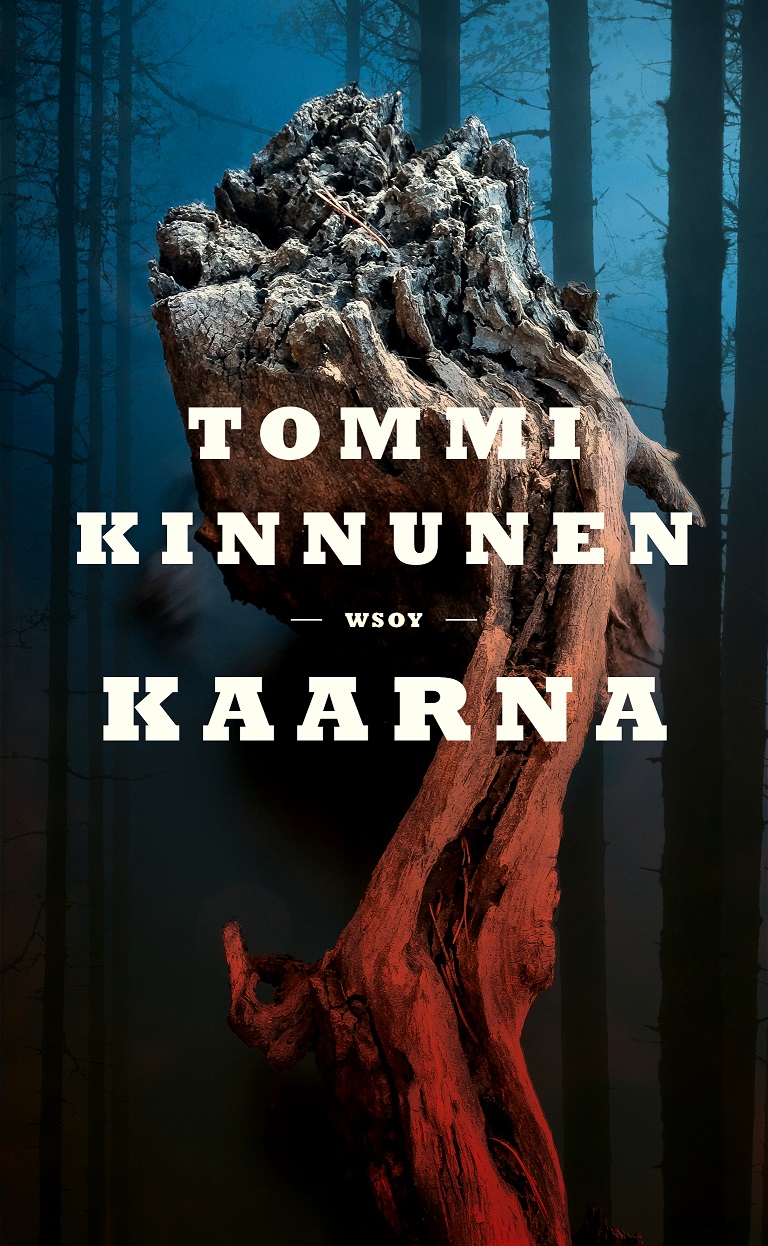A densely atmospheric and arrestingly written novel about women’s fates in times of war, the difficulty of giving up, and how the proximity of death can change a person
A person cannot return to being who they once were without knowing who they have been.
In 2001, three siblings – Martti and twin sisters Eeva and Marja – meet in a small village in Northern Finland. Their mother Laina, an old woman who has been through the Second World War, is dying and the children have gathered to arrange the funeral. Even though the siblings have always been on good terms, Martti has always felt aloof, the odd man out. All of them reminisce about their childhood, but Martti remembers things slightly differently than the sisters.
As the novel progresses, the readers are transported through the decades and through Laina’s story, culminating in the Soviet partisan attack during the summer of 1944 that irrevocably changed Laina’s life. She has refused to recall the events and, at the same time, has denied her children the opportunity of remembering and recovering. “One can only talk about men’s war, as the women’s war is soundless and forbidden.”
As his mother’s death grows nearer, Martti reaches out to connect with his siblings and attempts to fill in the gaps in the story, but is it already too late?

 Loukko by
Loukko by 